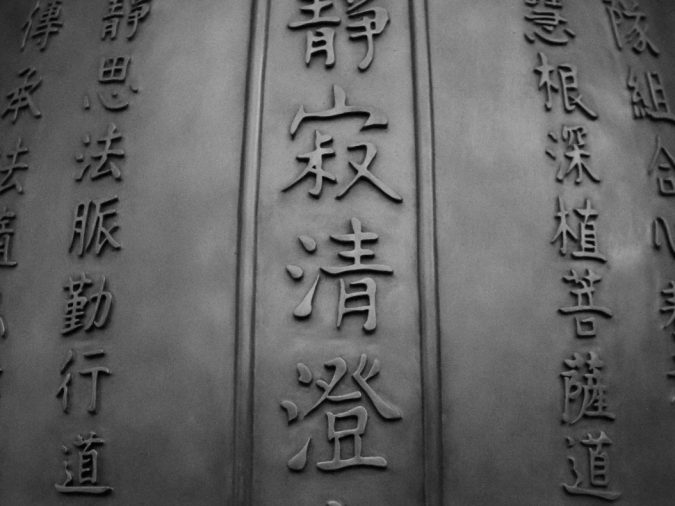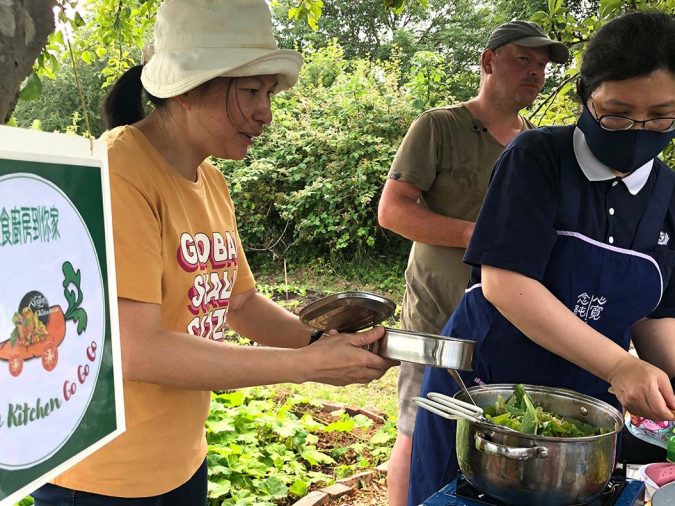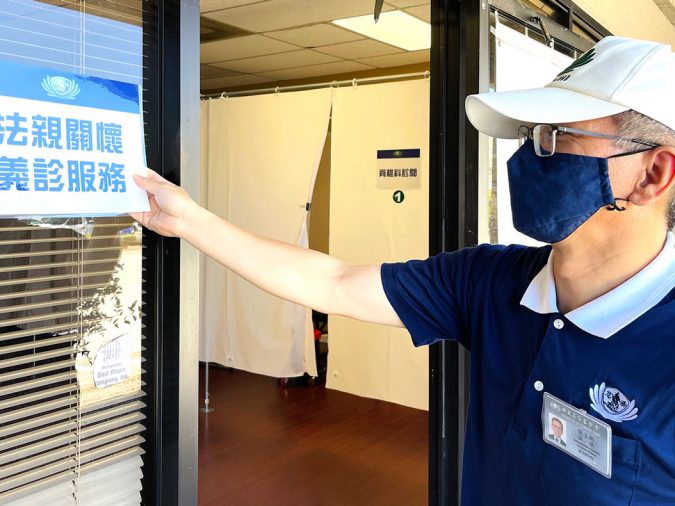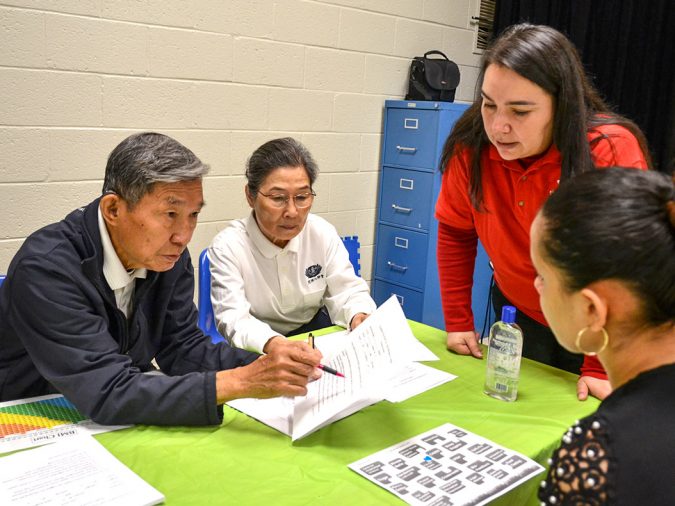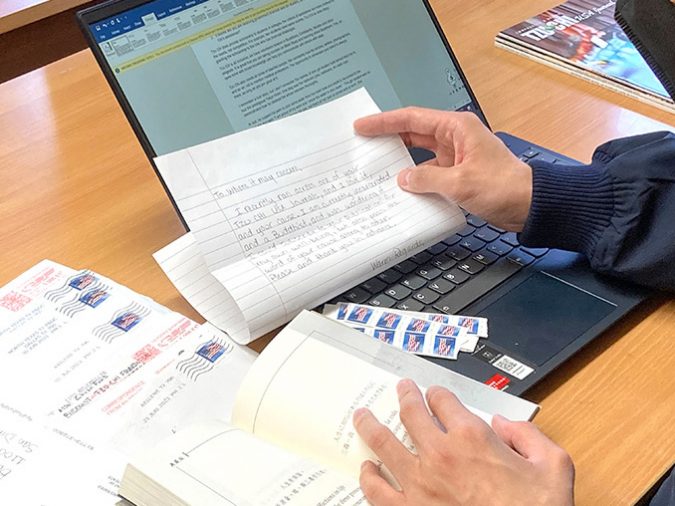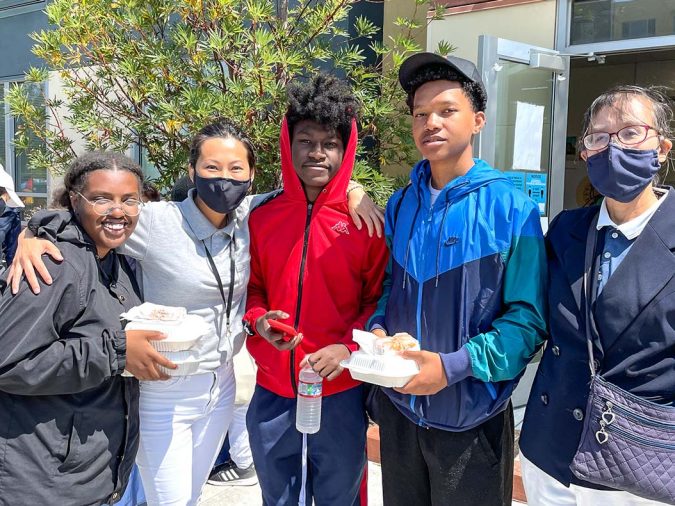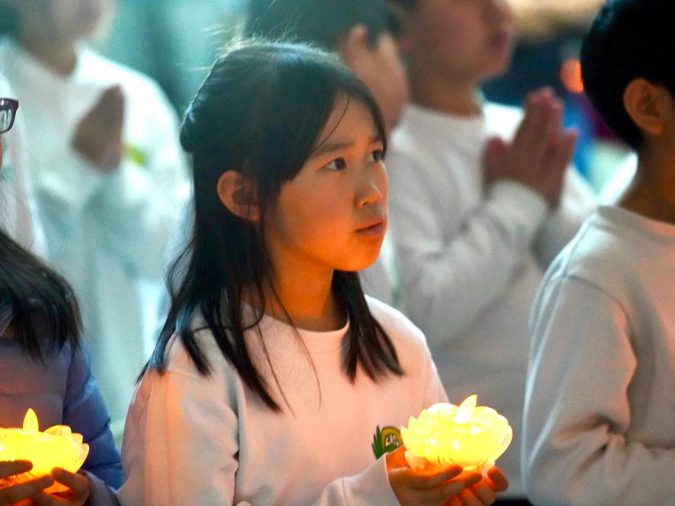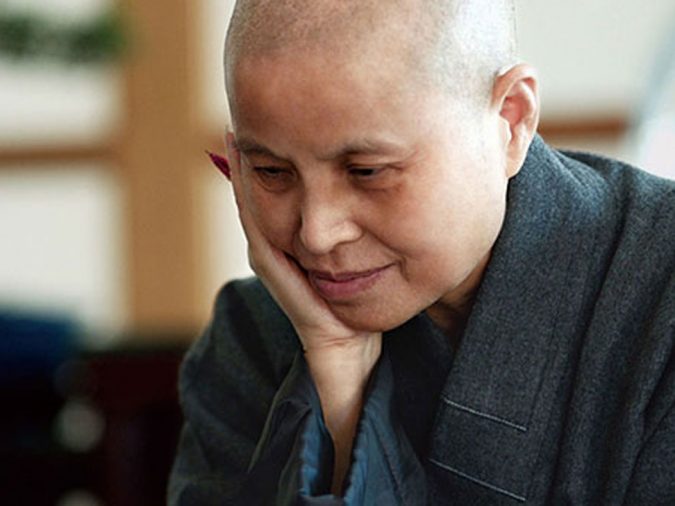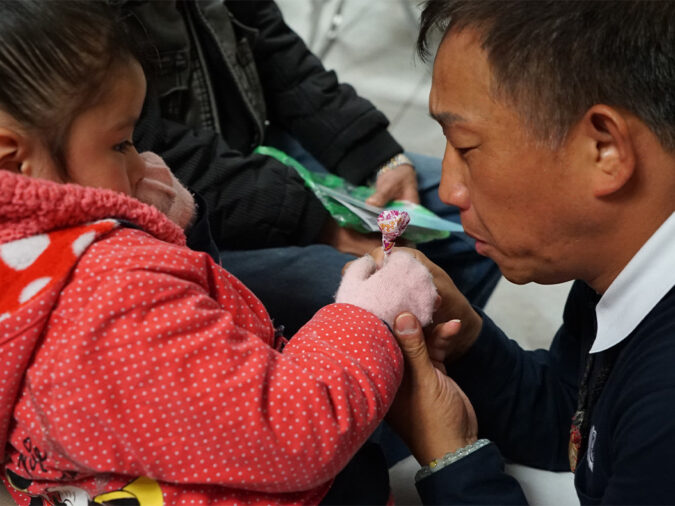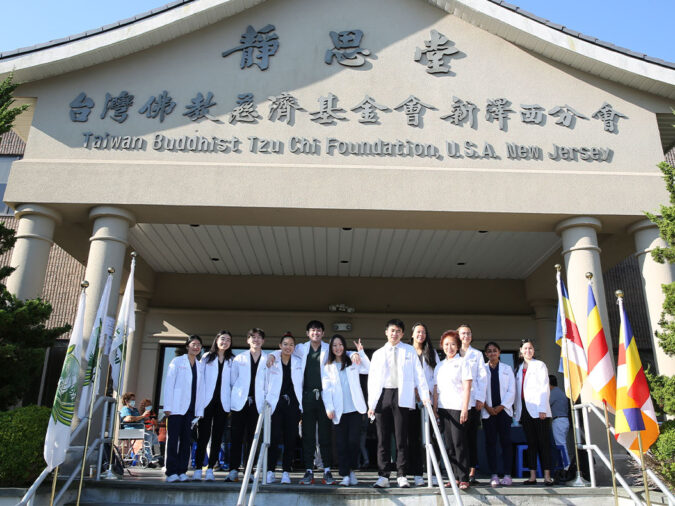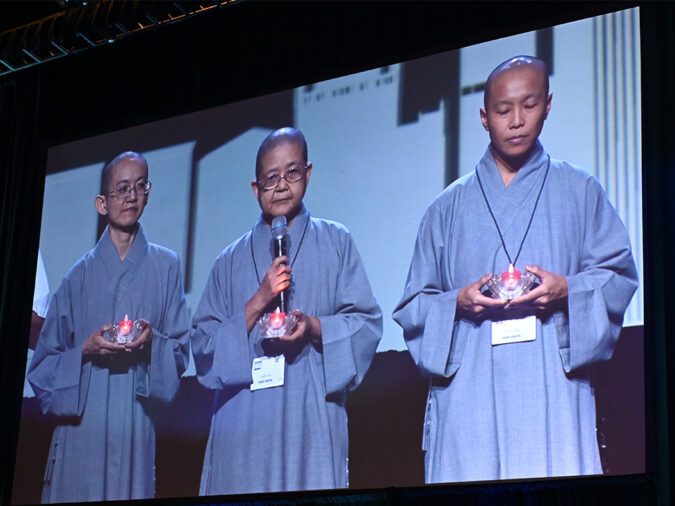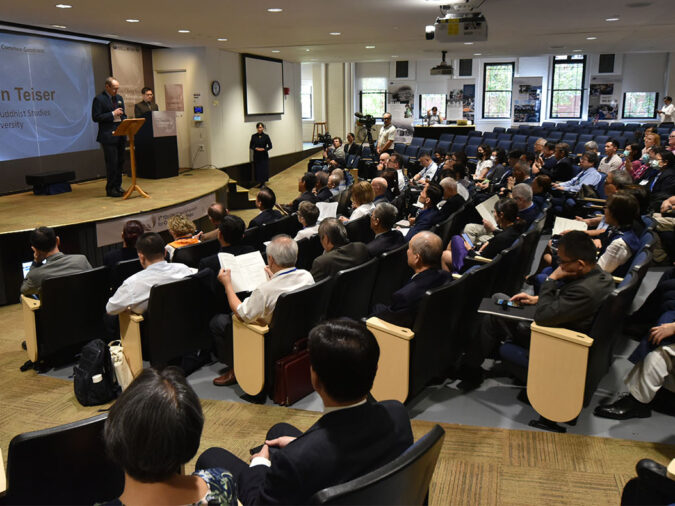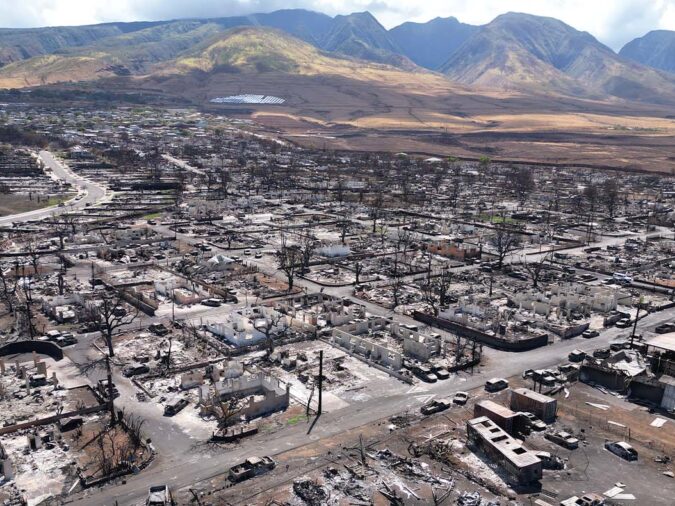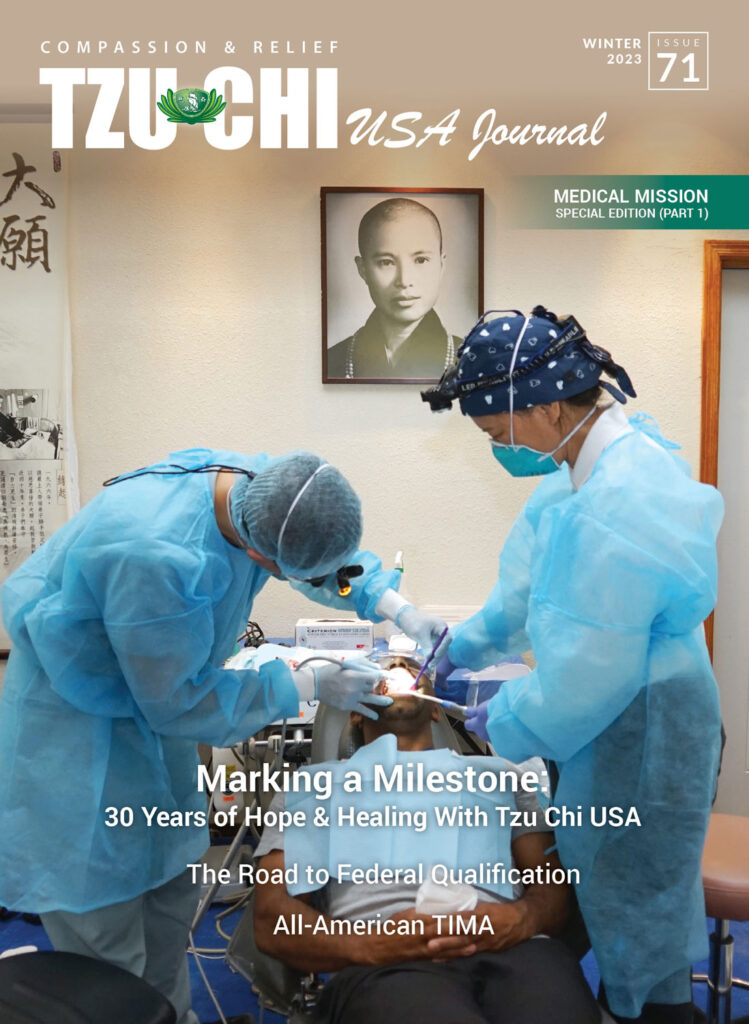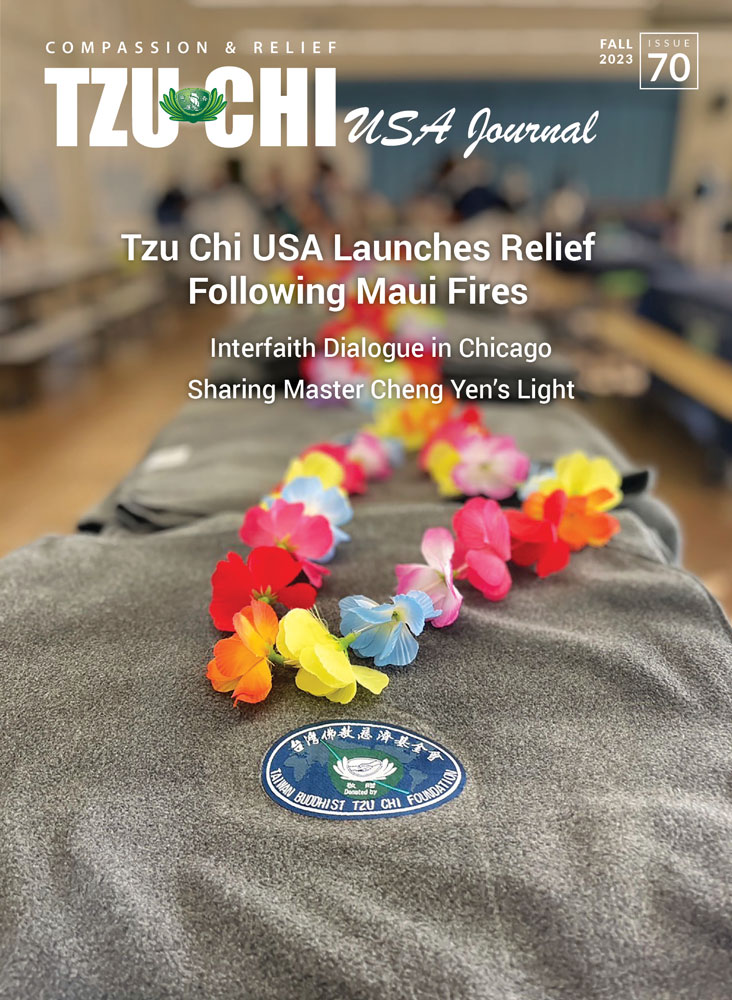The Japanese Samurai Who Dug a Tunnel
Master Cheng Yen’s Teachings
Translated by the Dharma as Water Team
Published #62 | Fall 2021 Issue
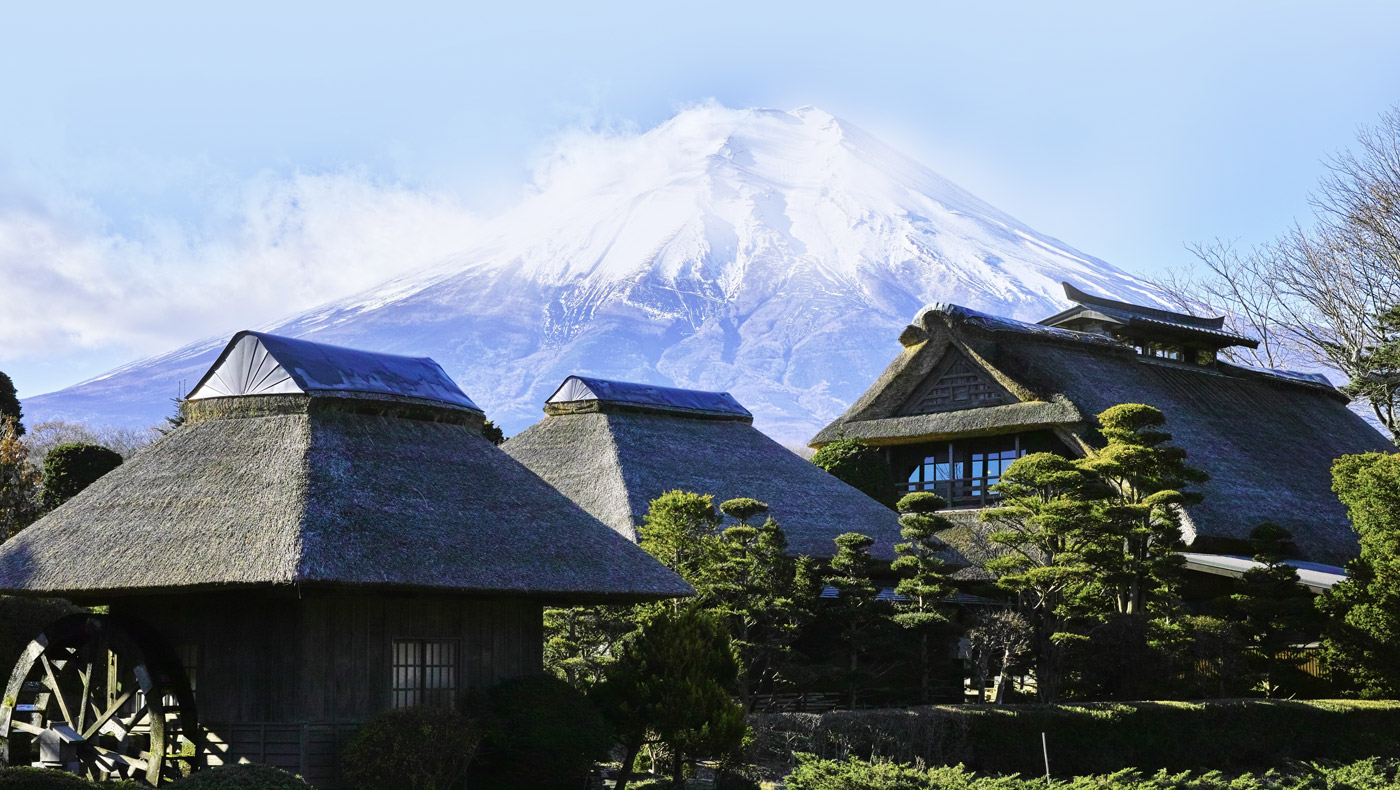
SHARE:
Every day is a new beginning, every moment a time for self-vigilance.
Dharma Master Cheng Yen
In ancient Japan, there once was a handsome and strong samurai. He was given an important position by a general. Due to the nature of his work, the samurai fell in love with the general’s wife. After a while, the general
became suspicious of them. However, the samurai struck first, finding an opportunity to kill the general in the wilderness when no one
was around. He was afraid that people would find out, so he ran away with the general’s wife to a faraway place.
A drifting life was not easy. The general’s wife was accustomed to an opulent and comfortable lifestyle; she could not endure life in poverty. She began complaining and looking down on the samurai. Gradually reflecting on what he had done, the samurai became deeply remorseful.
After an argument, the general’s wife left the samurai. The young samurai finally had an awakening and decided to engage in spiritual cultivation deep in the mountains. He found a mountain situated by the only way out of a nearby village. Rocks frequently fell onto the mountain road, hurting passersby. Horses that traveled too fast on the mountain road would often fall down the cliff, leading to many unfortunate accidents. After witnessing this situation, the samurai vowed to dig a tunnel to ensure the safety of the villagers and animals.
After he made the decision, he began his work to open up a new road.
It was a rocky mountain, and it was definitely not easy to dig a tunnel with the strength of only one person. However, he was resolved to do this as a way to make amends for his past wrongdoings. He begged for alms during the day and dug the tunnel at night. He worked no matter how tired he was, no matter the weather. In a flash, twenty-eight years had passed by.
One day, the general’s son passed by. He heard there was a monastic digging a tunnel and was deeply moved. He decided to visit the monastic. When they met, the general’s son realized the person who killed his father was right in front of him. He took his sword out, ready to kill the monastic.
The monastic knew what was coming, but he pleaded with the general’s son: “I should pay for my past wrongdoing. However, please give me two more years until I can complete this tunnel. By then, I will certainly give you my head.”
The general’s son was moved by his spirit. He said, “Okay. I will give you two years.” After that, the monastic did not even go begging for alms during the day anymore. He worked day and night to dig the tunnel. The general’s young son saw him working so tirelessly and was very touched. It was boring to simply sit in waiting. So, in order to help him finish the job early, he joined in on the work to forge a new road. Finally, with their joint efforts, they finished the tunnel.
On the day when the tunnel was completed, the monastic told the general’s son, “Today also marks the end of two years. Thank you for waiting for me for two years, allowing me to fulfill my vow. Thank you for allowing me to repay my debt.” He sincerely knelt down before the general’s son. He handed the samurai sword that he had used to kill the general to the general’s son, asking him to strike.
The general’s son took the sword, but he was hesitant. After a while, he finally threw the samurai sword away and said, “In this world, no student should kill their teacher. Over the past two years, I have learned very much. I witnessed your spirit and strong will. You persisted through your physical fatigue with great endurance in order to ensure the safety of the villagers. Two years was not long. However, I realized that the cycle of vengeance is never ending. I view you as my teacher, and I cannot kill my teacher. Please accept me as your disciple.”
In the past, thoughts arose in this monastic’s mind that led him to make a big mistake. However, once his wisdom was awakened, he saved himself from falling deeper. With his perseverance, he worked to benefit people and
walked a path that he would never regret. In the end, he moved his enemy to resolve the bonds of resentment and animosity.
SHARE:

